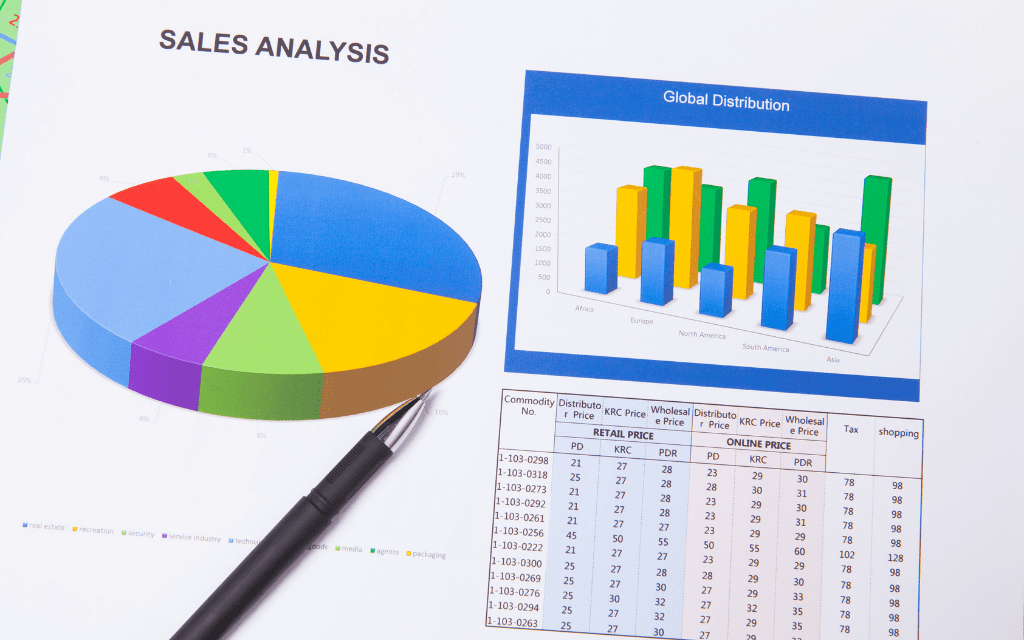How to Trade Forex at 16

Learning how to trade forex at sixteen may seem like an impossible task, but there are some important things to remember. It can be difficult to trade without a teacher or guidance. Fortunately, some teenagers may be able to pick up the basics faster than adults do, and they will have less preconceived ideas of what they're seeing. If your child is interested in trading, you can help them by suggesting books or encouraging them to read them.
Table of Contents
ToggleTrading forex is similar to CFD trading
Forex is the largest market in the world, but is very similar to CFD trading. CFD trading is a form of financial derivatives trading in which one trades currency for another currency, usually using prevailing exchange rates from the forex market. The forex market is the largest market in the world, trading more than $6 trillion worth of currency each day.
While CFDs are a form of gambling, they carry a much lower risk of loss. The primary difference between CFD trading and Forex is the type of contract that is used. CFDs are traded in a variety of financial markets, while Forex trading is pure currency trading. CFD traders can choose between a variety of contracts, ranging in increment value and currency type.
Forex trading, on the other hand, involves trading one currency against another currency, with uniform lot sizes. For example, if you decide to trade EURAUD, you're not buying the EUR or Australian dollar. You're speculating on the exchange rate. To get started, choose a trading platform. A deal ticket will show buy and sell prices in real-time, and you can decide how large to open your position.
Once you've decided on the size of your position, add a limit or stop and watch your profits and losses. You can open either a long or short position, and monitor it as you go along. A good trading platform will also give you the latest news on currency markets and technical analysis. CFDs can be used to trade underlying currencies, such as stocks and indices.
They are not available to US residents, but dual citizens can open a CFD account outside the US. These companies may be regulated outside of the US, but this is unlikely for US residents. Then, there are the risks of borrowing money to invest. So, while CFD trading is similar to forex trading, it is significantly more risky.
As with CFDs, you can lose more than your initial investment. In some cases, you can lose all of your money, resulting in a loss you never recovered. In other cases, you can profit more than you initially invested, but CFDs are not like that. You don't own the underlying asset, so you can't benefit from the capital growth.
CFDs are also influenced by market conditions, and they can swing wildly in volatile markets. Finally, you may not have the opportunity to close your position before the desired level is reached.
It is a good way to make money
For those who are interested in making money trading forex, there are some simple steps that you can take to start making money fast. The amount you need to start trading depends on the type of account you choose. If you are 16 years old, you can start with as little as PS100 and earn up to PS6,000 a month. Depending on your account type and the currency you're trading, you can increase your profits over time.
Olga Steiner
https://financeworld.io/!!!Trading Signals And Hedge Fund Asset Management Expert!!! --- Olga is an expert in the financial market, the stock market, and she also advises businessmen on all financial issues.